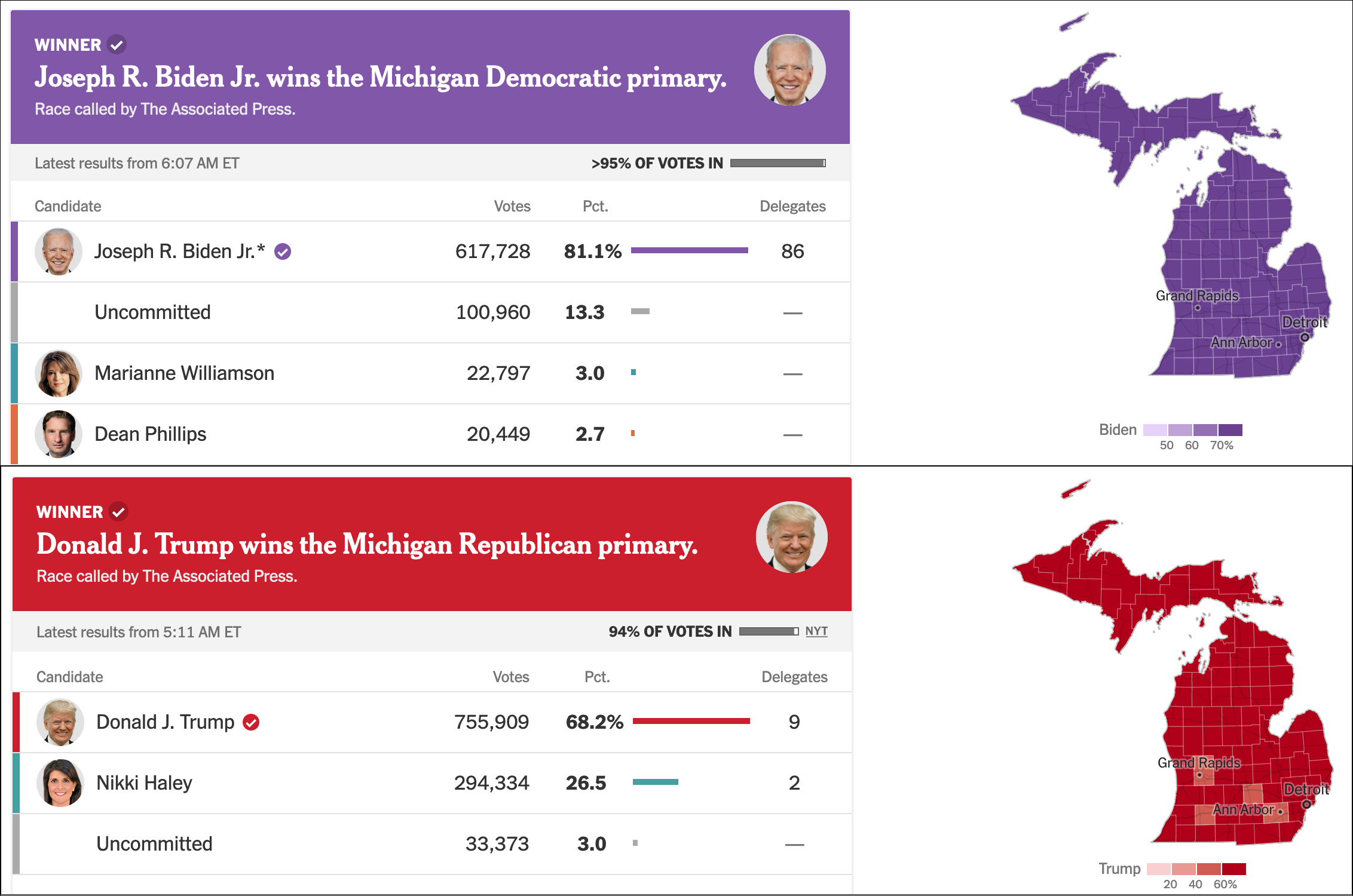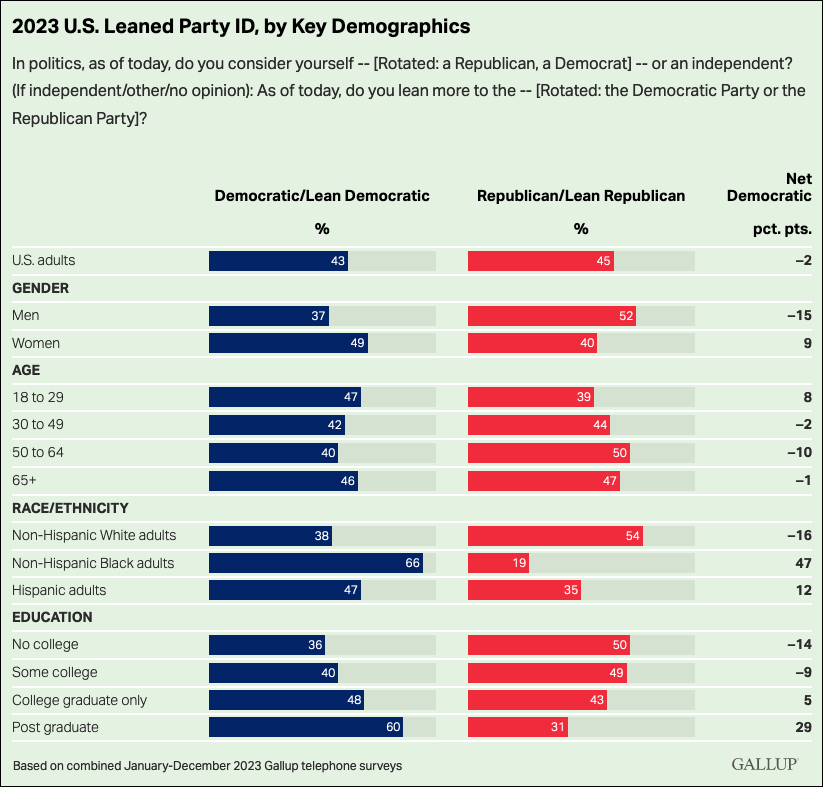By Jim Ellis — Thursday, Feb. 29, 2024
Senate

Arizona incumbent Sen. Kyrsten Sinema (I) / Photo by Gage Skidmore
Emerson College surveyed the Arizona electorate over the February 16-19 period (1,000 AZ registered voters; multiple sampling techniques) and the results find a 36-30-21 percent Gallego, Lake, and Sinema split.
Arizona based Noble Predictive Insights polled the state during the February 6-13 period (1,002 AZ registered voters; online) and found a similar result, 34-31-23 percent in the same order as the Emerson finding. These numbers suggest that the Sinema increase is coming at the expense of Lake and not Gallego, meaning she is pulling more Republicans and Republican-leaning Independents to her side than Democrats and Democratic leaning Independents.
Nevada: Tight Senate Poll Results — Emerson College, polling for The Hill newspaper and KLAS-TV in Las Vegas also polled the impending Nevada Senate race (Feb. 16-19; (1,000 registered Arizona voters; multiple sampling techniques) and already project a dead-heat contest. The results find Sen. Jacky Rosen (D), who is running for a second term, dropping to 40 percent support, and leading Afghanistan veteran Sam Brown (R) by only a 40-38 percent margin. The Nevada race will become a top-tier Republican challenge opportunity.
House
OR-5: Democrats Coalescing — Oregon’s 5th District race will be one of the most hotly contested US House campaigns in the country and is one of the keys toward deciding which party will control the chamber in the next Congress. One of the major OR-5 Democratic contenders ended her bid last week and endorsed an opponent. Lynn Peterson is the President of Portland’s Metro Council and was an announced congressional candidate. Seeing the race trends, Peterson dropped her bid and endorsed state Rep. Janelle Bynum (D-Clackamas), following the lead of the Democratic Congressional Campaign Committee.
The 2022 nominee, Jamie McLeod-Skinner, is in the race, but losing steam. She failed against current incumbent Rep. Lori Chavez-DeRemer (R-Happy Valley) in 2022, and it’s clear the Democratic synergy is turning toward Rep. Bynum as the person most believe is the stronger candidate.
The FiveThirtyEight data organization rates OR-5 as D+3. President Joe Biden carried the seat by a 53-44 percent margin in 2020. The Daily Kos Elections site ranks the district as the ninth most vulnerable seat in the Republican Conference. In 2022, Chavez-DeRemer defeated McLeod-Skinner, 51-49 percent.
TX-18: Rep. Jackson Lee in Close Primary — The Hobby School of Public Affairs at the University of Houston conducted a survey (Feb. 7-17; 450 likely TX-18 voters; text & online) of the Houston-anchored 18th Congressional District and finds a close Democratic primary developing. The ballot test projects veteran Rep. Sheila Jackson Lee (D-Houston), reeling from a poor performance in the Houston mayor’s race, leading former Houston city councilwoman and 2020 US Senate candidate Amanda Edwards by only a 43-38 percent spread. Minor candidate Rob Slater, a convicted felon, captures three percentage points.
This survey suggests there is a political hangover for Jackson Lee who lost badly to now-Mayor John Whitmire (D), 64-36 percent, in the December mayoral runoff. Therefore, we see another March 5 race that will draw major interest.
Governor
North Dakota: Gov. Burgum Announces Endorsement — It appears we are headed for a highly competitive open North Dakota Republican primary on June 11. Retiring Gov. Doug Burgum (R) announced his endorsement late last week of Lt. Gov. Tammy Miller (R) to succeed him.
Miller already announced that she is bypassing the North Dakota Republican Party endorsing convention because she knows that at-large US Rep. Kelly Armstrong (R-Bismarck), a former party chairman, is a lock to be the official party candidate. This forces a primary election between the two, with the winner becoming the prohibitive favorite for the autumn campaign.





